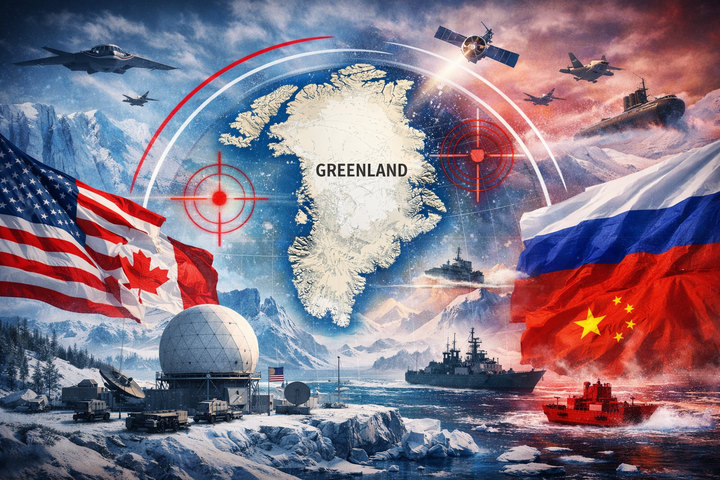What We Can Learn About Survival from the Show Alone

Most survival shows are more entertainment than education.
You’ll see staged rescues, producers lurking just out of frame, and contestants who never truly face the full weight of isolation.
But Alone is different.

If you’ve watched it, you know: no camera crews, no safety nets (except an emergency tap-out), and no one to talk to except yourself.
Contestants are dropped into harsh environments with only a handful of tools and their skills and they’re left to endure.
It’s brutal, raw, and sometimes even boring.
Which is exactly why it’s so revealing.
Here are a few lessons we can take away from Alone that apply to anyone interested in survival, whether in the wilderness, in a city during a blackout, or even during a long-term economic downturn.
ON SURVIVAL is a reader-supported publication. To receive new posts and support my work, consider becoming a free or paid subscriber.
1. Survival Is More Mental Than Physical
The people who last the longest on Alone are rarely the strongest or the most aggressive.
They’re the ones who can handle the silence, the fear, and the endless days of uncertainty.
Loneliness eats people alive faster than hunger.
That tells us something crucial: stockpiling gear matters, but training your mind matters more.
Learning patience, building routines, and developing mental toughness are survival tools every bit as real as a knife or fire starter.
2. Calories Rule Everything
No matter how much skill or grit a contestant has, lack of food eventually drives the endgame.
The body burns energy faster than most people realize, and without consistent calories, the mind starts to falter too.
In a real-world survival scenario, your first priorities aren’t Instagram-worthy shelters or improvised weapons—they’re food, water, and fire.
Watching Alone reminds us that practical, sustainable calories are king.
Hunting looks glamorous on TV, but it’s usually the humble fish trap, snare, or edible plant knowledge that carries someone through.
3. Small Comforts Make a Big Difference
When you’re wet, cold, and hungry, something as simple as a warm cup of spruce tea or a dry pair of socks can boost morale enough to keep you going another day.
Contestants who focus on small comforts like a crafting a chair, carving utensils, or tending a fire, show us that survival isn’t just about staying alive, it’s about finding reasons to endure.
In our own lives, this lesson translates to preparedness with a human touch.
Don’t just think about calories and water. Think about morale.
Pack something small but comforting in your kit, a book, some tea, or even a deck of cards.
4. Skills Beat Gear
Every season, someone taps out early because they can’t make use of the tools they brought.
Another contestant thrives with the same tools because they’ve spent years practicing. Alone proves over and over that the most important survival item isn’t in your pack, it’s in your head.
Gear breaks. Gear gets lost. Skills stay.
5. The Wilderness Is Indifferent
One of the most humbling parts of Alone is watching how little the wilderness cares about your plans.
You might have a perfect shelter, but one storm can flatten it.
You might set a dozen snares, but no animal comes.
The lesson? Flexibility is survival. Rigidity kills.
In both wilderness and urban crises, adaptability is one of the greatest traits a survivor can cultivate.
Final Thought
Alone isn’t just a show, it’s a mirror.
It strips away the fantasy of survival and shows what it actually looks like: hunger, doubt, and the grind of one day at a time.
But it also shows human resilience.
Watching it reminds us that survival isn’t glamorous, but it is possible with the right mindset, skills, and preparation.
And that’s a lesson worth carrying into uncertain times.
ON SURVIVAL is a reader-supported publication. To receive new posts and support my work, consider becoming a free or paid subscriber.



Comments ()